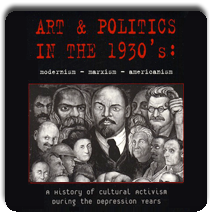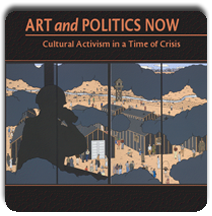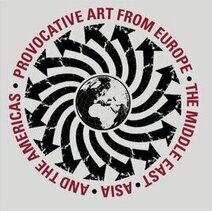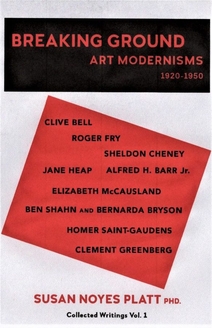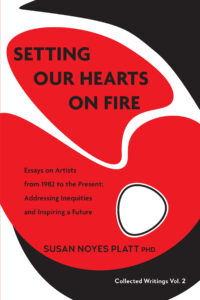Katy Deepwell: Critic of Feminist Art


Katy Deepwell has contributed more to feminist art criticism than any other critic I know.She published the journal n.paradoxa for 19 years. She has edited and published collections of feminist writing like De-/Anti-/Post-colonial Feminisms in Contemporary Art and Textile Crafts and 50 Feminist Art Manifestos. She has received many awards,organized conferances, online courses available on her website. She has a Ph.D, taught in universties. It is hard to overstate her importance.
And yet Katy has always stayed accessible. She has not sunk into deep theory. She has interpreted feminism in art according to the artists she writes about, not her own imposed ideas.
Her most recent collection Converstions on art, artworks and feminism demonstrates her deep knowledge of feminist artists. The book is drawn from her various interviews published in n.paradox.
It is organized with various approaches: major projects, individual artworks, feminist strategies for curating, and histories of feminism and feminist organizations.
It is clear that Katy has travelled and read extensively. The shows are in many far flung places ranging from Istanbul to Dak’Art in Senegal Poland, Denmark and more. She thoughtfully frames questions for the artists and curators clearly based on a lot of preparation, but she digs into the meanings and intents of the artist she is interviewing.
It is very rare for an art critic to stay with one focus – in her case faminism- and yet allow that focus to expand and change and reach in many different directions. She acknowleges the complexity of each artist. Even the title of her new book,Converstions on art, artworks and feminism acknowledges that. The cover is a series of questions that she posed to the differnt artists![]()


In the first section ” major projects and exhibitions” she chooses a fascinating selection including Ida Applebroog, Karen Finley, Mary Kelly, Suzanne Lacy and Marina Abramovic among others. In the next section focusing on indivudual artists she asked artists such as Sue Williamson, Zineb Sedira, and Maureen Connor to make statements. There was also a “cyber knitting” event that she partipated in.
In the” feminist strategies for curating,” she asked short questsions that triggered long responses. In “histories of feminist organizations” her questions were sometimes much longer, demonstrating her own knowledge.
The varied approaches adapting to the artist themselves give us a clear voice directly from the artist.
In short, this book is a set of primary source essays, that Katy edited, rather than a book of her own opinons.
As such it is an invaluable resource for all of us.
Thank you Katy Deepwell!


